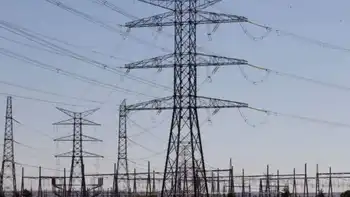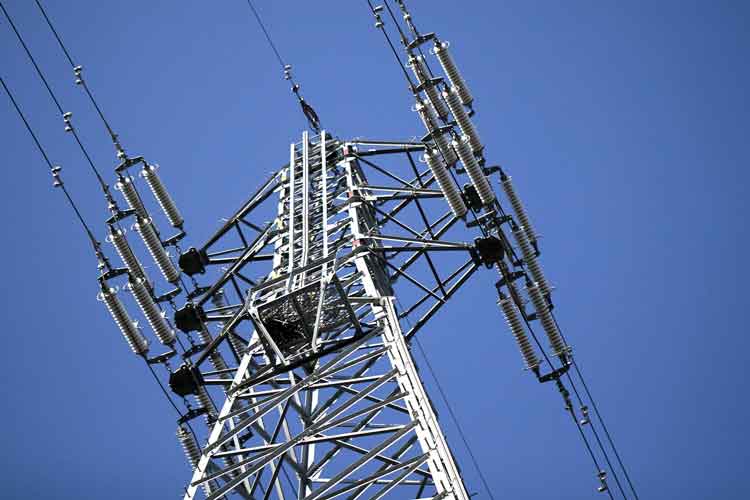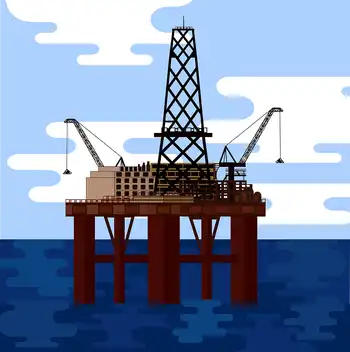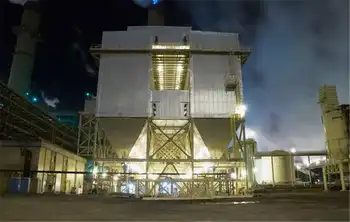Officials doubt nuclear safety plans: watchdog
By Reuters
Electrical Testing & Commissioning of Power Systems
Our customized live online or in‑person group training can be delivered to your staff at your location.

- Live Online
- 12 hours Instructor-led
- Group Training Available
But NRC officials disputed the Union of Concerned Scientists' analysis, contending it misunderstood an internal evaluation of nuclear plant safety that started before Japan's nuclear crisis began on March 11.
"While the NRC and the nuclear industry have been reassuring Americans that there is nothing to worry about... it turns out that privately NRC senior analysts are not so sure," said Edwin Lyman, a UCS nuclear expert.
A spokesman for the U.S. nuclear regulatory body said the UCS misinterpreted a discussion between two departments within the agency, one conducting the NRC's State of the Art Reactor Consequence Analysis of how nuclear plants would respond to accidents, called SOARCA, and the way its senior risk analysts assess plant safety.
The latter group conducts detailed statistical analysis of how plants might respond to crises, while the former only aims to determine what would happen if those responses succeed or fail, NRC spokesman Scott Burnell said.
The emails in question are part of an NRC review of how the operators of nuclear plants in Delta, Pennsylvania, and Surry County, Virginia, would cope with a prolonged power outage that knocked cooling systems offline, as occurred at the Tokyo Electric Power Co-operated Fukushima plant.
In a July 28, 2010, email, one NRC staffer said that contingency plans for Exelon Corp's Peach Bottom nuclear plant in Delta "have really not been reviewed to ensure that they will work to mitigate severe accidents."
Another document, undated, said backup plans included just having equipment on the plant grounds that could be useful "when used by knowledgeable operators if post-event conditions allow."
The document went on to note: "If little is known about these post-event conditions, then assuming success is speculative."
That reflected the difference in the way the agency internally reviews risk, the NRC's Burnell said.
"The risk folks were basically saying, 'We are having trouble plugging this into our models.' They were not challenging the measures themselves," he said. "The risk analysis folks want to be able to do a statistical analysis. That's not what SOARCA is meant to do."
A nuclear industry lobbying group criticized the UCS' disclosures.
"UCS conveniently missed the point of a Nuclear Regulatory Commission study," said Steve Kerekes, a spokesman for the Nuclear Energy Institute. He pointed out that the NRC's review concluded that the risk of plants releasing radiation after an accident was lower than the agency had previously assumed.
The Peach Bottom site uses a General Electric Co reactor with a similar design to four of the reactors at Fukushima.
Exelon did not immediately respond to calls seeking comment.
The UCS said it obtained the emails through a Freedom of Information Act request.
The Surry County nuclear power station is operated by Dominion Resources Inc.











